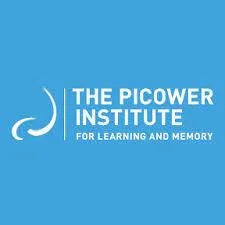Highlights–Nicholas A. Christakis, Director, Human Nature Lab, Yale
/Author of Blueprint: The Evolutionary Origins of a Good Society
Director of the Human Nature Lab at Yale · Co-director of the Yale Institute for Network Science
So these kinds of problems in what I call hybrid systems of humans and machines are a key focus of my lab right now. Margaret Traeger, who's now at Notre Dame, she did a wonderful project in which we made these groups of three humans and a humanoid robot work together to solve a problem.
We manipulated the humanity of the robot. For example, sometimes we had the robot tell stupid dad jokes, like corny jokes. Or we had the robot break the ice by saying, "You know, robots can make mistakes, too." This kind of stuff. And what we found was that the human interactions could be changed by the simple programming of the robot.



















